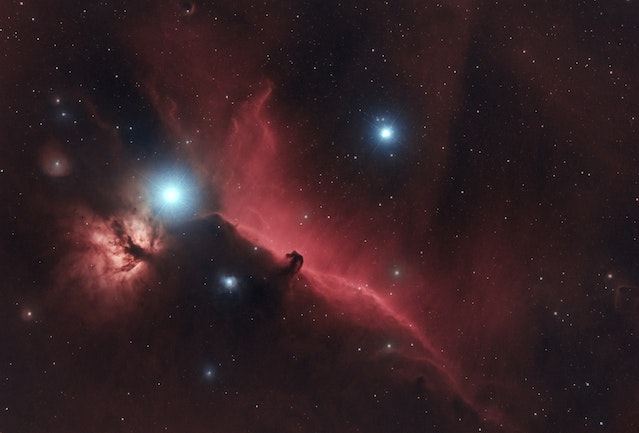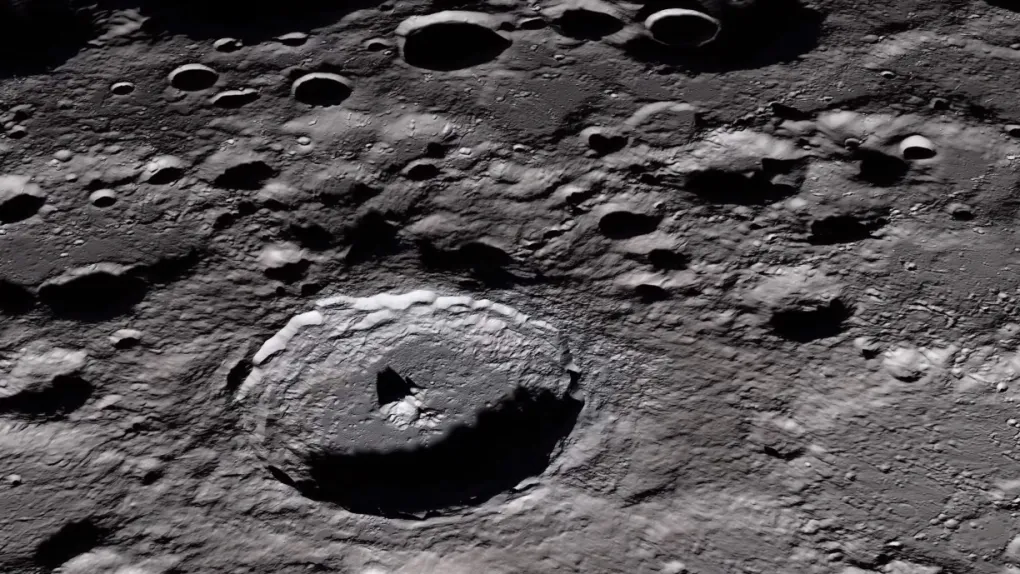Introduction
Are we alone in the universe? This question has been asked for centuries and has captivated the imaginations of scientists, philosophers, and everyday people alike. With new technology and advancements in space exploration, we are closer than ever to finding an answer. Join us as we explore the most promising targets for alien life beyond our own planet. From Mars to Europa, these worlds hold clues that could change everything we know about our place in the cosmos.
The Different Types of Extraterrestrial Life
The possibility of extraterrestrial life has captivated scientists and the public alike for decades. But what exactly do we mean by “extraterrestrial life”? It’s important to recognize that there are many different types of potential alien organisms, each with their own unique characteristics.
One type of extraterrestrial life that has received a lot of attention is microbial life. These tiny organisms could exist in extreme environments such as on Mars or Saturn’s moon Enceladus, where conditions may be too harsh for larger forms of life.
Another type of alien organism that scientists have considered is intelligent beings. While it’s unlikely that they would resemble the little green men often depicted in popular culture, it’s possible that highly advanced civilizations could exist elsewhere in the universe.
Some researchers have also proposed the idea of silicon-based life forms instead of carbon-based ones like us humans. These hypothetical creatures would rely on silicon rather than carbon to form their biological structures.
There is even the possibility that alien life exists beyond our understanding and imagination – something completely unexpected and unknown to science as we know it.
The exploration for extraterrestrial life requires an open mind and constant discovery. The pursuit itself ensures a promising future where discoveries can be made every day!
The Most Promising Targets for Alien Life
The search for alien life has always been one of the most intriguing topics in the field of science. With advancements in technology, we are now closer than ever to finding extraterrestrial life. However, it is important to note that not all celestial bodies harbor life. Scientists have identified a few promising targets based on certain criteria.
The first and foremost target is Mars, our neighboring planet. In recent years, several missions have been sent to Mars with the aim of studying its environment and searching for signs of life. The presence of water on Mars makes it a prime candidate for harboring microbial life forms.
Another promising target is Europa – one of Jupiter’s moons. It has an icy crust which scientists believe covers a subsurface ocean that could contain more than twice as much water as Earth’s oceans combined. This ocean could provide enough nutrients and energy sources needed to support simple organisms.
Titan, Saturn’s largest moon, also holds potential for hosting alien life forms due to its thick atmosphere rich in organic compounds such as methane and ethane.
Enceladus – another moon orbiting Saturn – has geysers erupting from its southern pole which spew out water vapor containing organic molecules believed by some scientists to be evidence supporting the existence of living microorganisms beneath its icy surface.
These are just some examples among many other possible candidates that hold promise for discovering extra-terrestrial organisms beyond our planet Earth – although further research will still be necessary before any conclusions can be drawn about their ability or likelihood regarding sustaining complex ecosystems like those present on Earth or elsewhere!
The Chances of Finding Alien Life
The search for alien life has always been a topic of fascination for scientists and enthusiasts alike. However, the question remains: what are our chances of actually discovering extraterrestrial beings?
The first thing to consider is that the universe is vast and largely unexplored. There could be countless planets out there capable of supporting life, but we have only scratched the surface in terms of exploration.
Another factor to consider is that our current methods of searching for alien life may not be advanced enough to detect it. For example, we primarily look for signs of water on other planets as it’s essential for life as we know it. But what if there are forms of life that don’t require water?
Furthermore, even if we do find evidence of extraterrestrial life, it may not necessarily mean intelligent beings or complex organisms exist elsewhere in the universe. It could simply be microbial or single-celled organisms.
Despite these challenges, many scientists remain optimistic about finding alien life in the future with advancements in technology and space exploration missions such as NASA’s upcoming Europa Clipper mission which aims to explore Jupiter’s icy moon thought to contain a subsurface ocean.
While there are certainly obstacles in our search for alien life, our understanding and capabilities continue to evolve over time giving hope that someday we will make contact with another form of intelligence beyond Earth.
Conclusion
The search for alien life is an ongoing and exciting endeavor. With advancements in technology and new discoveries being made, we are getting closer to answering one of the biggest questions in science – are we alone in the universe?
While there is no definitive answer yet, our understanding of different types of extraterrestrial life and promising targets such as Mars and Europa give us hope that we may one day find evidence of alien existence. The chances of finding alien life may be slim but they cannot be ruled out completely.
The hunt for alien life not only expands our knowledge about the universe but also sheds light on our own place in it. It inspires us to continue exploring, learning and growing as a species.
Who knows? Maybe someday we will have concrete evidence that confirms the existence of intelligent beings beyond Earth. Until then, let’s keep searching!










